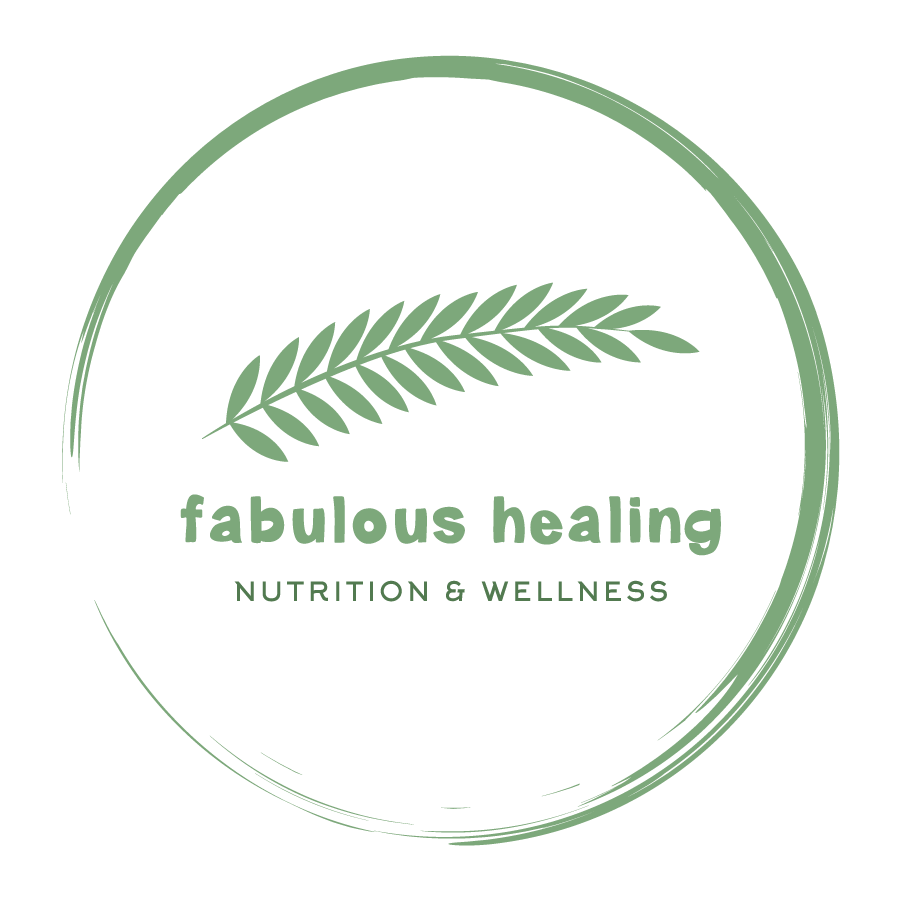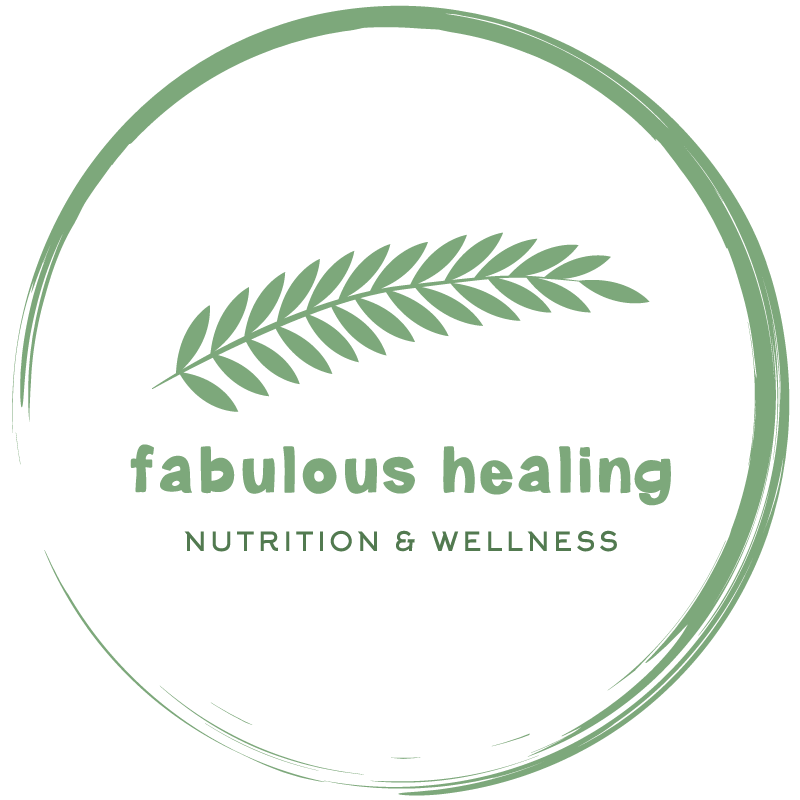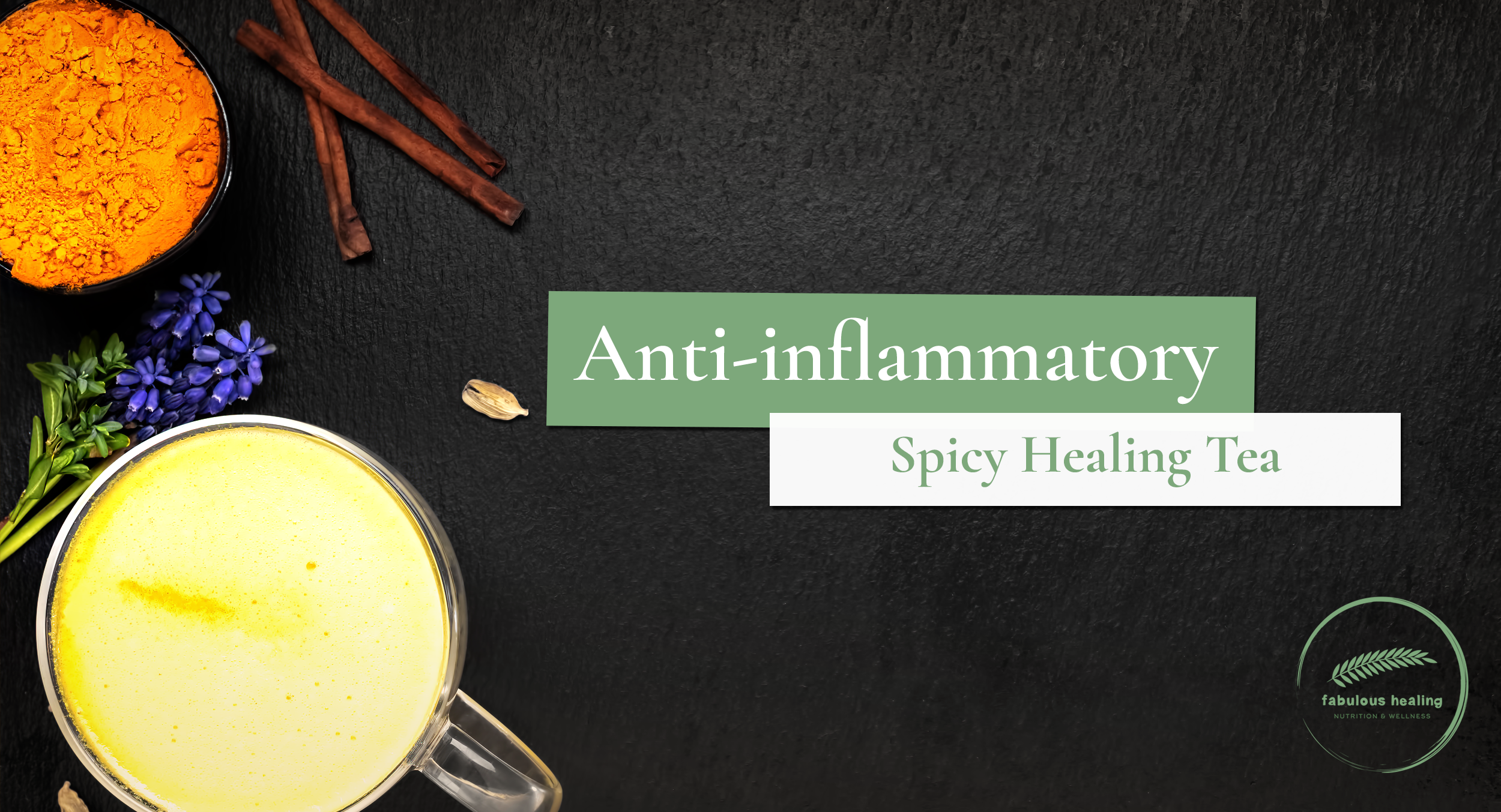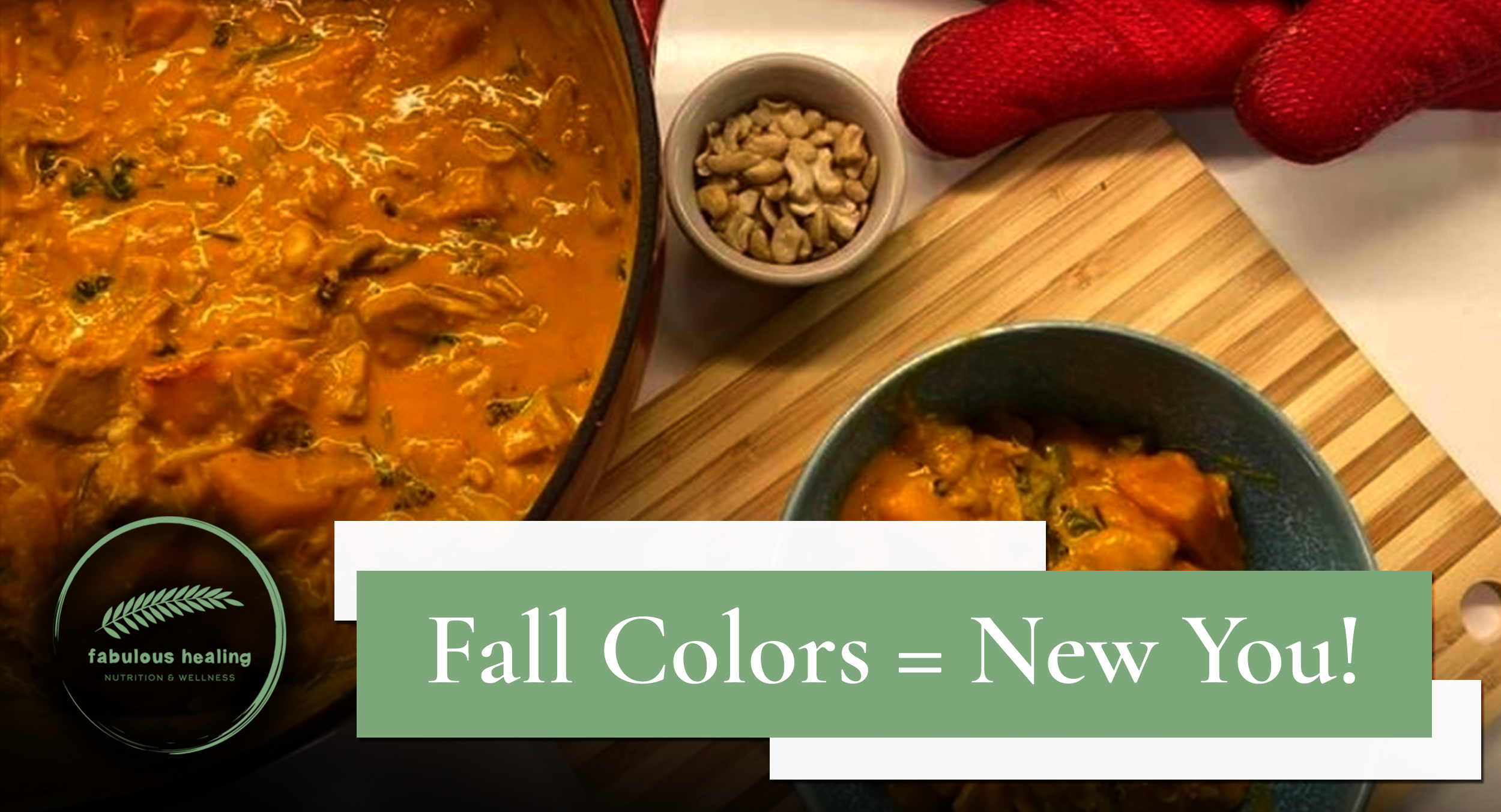
What Is Inflammation?
Inflammation is the body’s way to protect itself against harmful substances. Inflammation is an immune response, that is beneficial, for example, when helping the body remove damaged cells, irritants, or pathogens. However, chronic inflammation that lasts for several months or even years, may lead to serious illnesses and diseases such as cancer, Alzheimer’s, diabetes, chronic pain, arthritis, and more (1).Causes
There are many factors that contribute to chronic inflammation: physical injuries, environment, adverse food reactions, autoimmune diseases, diet, genetics, and stress. When it comes to diet there are specific foods that promote inflammation like:- Omega-6 fatty, acid-rich foods
- Trans fats
- High glycemic index foods
- Refined sugars and grains
- Processed foods
- Conventionally raised dairy and meats
- Excessive alcohol consumption
But fear not!
Just like there are foods that promote inflammation, a healthy balanced diet can be anti-inflammatory and reduce the inflammation in the body. All you have to do is include more anti-inflammatory foods in your diet.
A great place to start is by adding lots of spices to your food. turmeric, paprika, cinnamon, black peppercorn, ginger, clove, and more. Spices do not just add extra flavor to the food, they are also a good source for vitamins and minerals. They have anti-inflammatory qualities, and if you integrate them regularly in your diet, they may be protective against chronic diseases.
Herbs also act as anti-inflammatory foods. They can be added to sauces, soups, salads, and even tea. My favorite herbs are parsley, dill, cilantro, basil, oregano, and thyme. Parsley, for example, is very nutrient-dense. It is rich in vitamin C and iron, and other vitamins and minerals and it is a great addition to any dish.
Other ways of reducing inflammation:
Diet
- Include fresh foods as much as possible.
- Minimize the consumption of processed foods.
- Eat an abundance of fruits and vegetables.
- Identify and eliminate food allergens from your diet.
- Avoid individual food intolerances.
- Aim for variety.
Exercise
- Moderate workout to promote an anti-inflammatory response (2).
- Aim for 3-4 workouts a week.
Stress
- Meditate a few minutes every day
- Breathe Deeply – Sit up straight, eyes closed, with a hand on your belly. Slowly inhale through your nose, feeling the breath start in your abdomen and work its way to the top of your head. Reverse the process as you exhale through your mouth.
Sleep
Have a minimum of seven hours’ sleep every night.Water
Drink eight glasses of water a day. Healing Anti-Inflammatory Tea
Healing Anti-Inflammatory Tea
One way to increase anti-inflammatory foods in the diet is by drinking this delicious anti-inflammatory tea 3-4 times a day. It is good after a meal or instead of a snack. Those who experience a craving for sweets will find this tea helps with reducing the craving. Here are some health benefits that the ingredients hold:
Turmeric – is rich in folate and minerals. Antibacterial (3), anti-inflammatory, it assists lower risks of cardiovascular diseases (4), increases the antioxidant capacity of the body, boosts brain-derived neurotrophic factor, is linked to improved brain function and a lower risk of brain diseases, and may be useful in preventing and treating Alzheimer’s disease (5), as well as having benefits against depression (6). It may also help in the management of exercise-induced inflammation and muscle soreness, thus enhancing recovery and subsequent performance in active people (7).
Cinnamon – Has powerful medicinal properties, is rich with antioxidants (8), has anti-inflammatory properties, may reduce risks of cardiovascular diseases, can improve insulin sensitivity (10), lower blood sugar levels, and has anti-diabetic effects (11).
Cardamom – Rich in micronutrients, it is anti-carcinogenic properties, good for cardiovascular health, is an antidepressant, and offers protection against gastrointestinal diseases (12).
Ginger – Possesses powerful medicinal properties, can help treat cancer (13) and many forms of nausea (14), may reduce muscle pain and soreness (15) is anti-inflammatory and reduces blood sugar and risks for cardiovascular diseases. Ginger can help treat chronic indigestion (16) and may protect against Alzheimer’s disease (17).
Black pepper –is a healthy antioxidant and anti-obesity spice that cures several illnesses, such as constipation, insomnia, oral abscesses, sunburn, and toothaches. It has gastroprotective, anticancer, and antimicrobial potential (18). When consumed with turmeric, black pepper is proven to increase the bioavailability of the curcumin (7).
Ingredients:
1-2 cinnamon sticks 3 cardamom pods 1 teaspoon black peppercorn 5 cloves ½ teaspoon dry turmeric powder ½ teaspoon dry ginger powder (or 1 tbsp. fresh ginger, grated) Optional: coconut milkDirections:
- Put 5 cups of water to boil in a medium pot with a lid.
- Once it comes to a slow simmer add the dried herbs as well as the ginger root. Allow simmering for 10-12 minutes.
- Strain out the herbs through a fine-mesh strainer reserving the tea.
- Pour the tea into the teapot.
- Serving: pour into a teacup (or mug), add sweetener of your choice, and few drops of coconut milk. Enjoy!


Resources
1. Xu H, Barnes GT, Yang Q, et al. Chronic inflammation in fat plays a crucial role in the development of obesity-related insulin resistance. J Clin Invest. 2003;112(12):1821-1830. doi:10.1172/JCI200319451.
2. Benatti FB, Pedersen BK. Exercise as an anti-inflammatory therapy for rheumatic diseases—myokine regulation. Nat Rev Rheumatol. 2015;11(2):86-97. doi:10.1038/nrrheum.2014.193.
3. Teow S-Y, Liew K, Ali SA, Khoo AS-B, Peh S-C. Antibacterial Action of Curcumin against Staphylococcus aureus: A Brief Review. J Trop Med. 2016;2016. doi:10.1155/2016/2853045.
4. Rastogi S, Pandey MM, Rawat A. Spices: Therapeutic Potential In Cardiovascular Health. Curr Pharm Des. October 2016.
5. Zhang L, Fiala M, Cashman J, et al. Curcuminoids enhance amyloid-β uptake by macrophages of Alzheimer’s disease patients. J Alzheimers Dis. 2006;10(1):1-7.
6. Gunnars K, BSc. 10 Proven Health Benefits of Turmeric and Curcumin. Auth Nutr. March 2014. https://authoritynutrition.com/top-10-evidence-based-health-benefits-of-turmeric/. Accessed February 19, 2017.
7. Hewlings SJ, Kalman DS. Curcumin: A Review of Its’ Effects on Human Health. Foods. 2017;6(10). doi:10.3390/foods6100092.
8. Characterization of antioxidant and antimicrobial compounds of cinnamon and ginger essential oils. http://www.academicjournals.org/journal/AJBR/article-full-text-pdf/8D4DEA111465. Accessed March 10, 2017.
9. Rao PV, Gan SH. Cinnamon: A Multifaceted Medicinal Plant. Evid-Based Complement Altern Med ECAM. 2014;2014. doi:10.1155/2014/642942.
10. Qin B, Panickar KS, Anderson RA. Cinnamon: Potential Role in the Prevention of Insulin Resistance, Metabolic Syndrome, and Type 2 Diabetes. J Diabetes Sci Technol. 2010;4(3):685-693.
11. Leech J, Dietitian. 10 Evidence-Based Health Benefits of Cinnamon. Auth Nutr. December 2014. https://authoritynutrition.com/10-proven-benefits-of-cinnamon/. Accessed March 10, 2017.
12. Top 17 Benefits of Cardamom. Org Facts. September 2012. https://www.organicfacts.net/health-benefits/herbs-and-spices/health-benefits-of-cardamom.html. Accessed March 10, 2017.
13. Danwilai K, Konmun J, Sripanidkulchai B-O, Subongkot S. Antioxidant activity of ginger extract as a daily supplement in cancer patients receiving adjuvant chemotherapy: a pilot study. Cancer Manag Res. 2017;9:11-18. doi:10.2147/CMAR.S124016.
14. Ernst E, Pittler MH. Efficacy of ginger for nausea and vomiting: a systematic review of randomized clinical trials. Br J Anaesth. 2000;84(3):367-371.
15. Black CD, O’Connor PJ. Acute effects of dietary ginger on muscle pain induced by eccentric exercise. Phytother Res PTR. 2010;24(11):1620-1626. doi:10.1002/ptr.3148.
16. Hu M-L, Rayner CK, Wu K-L, et al. Effect of ginger on gastric motility and symptoms of functional dyspepsia. World J Gastroenterol WJG. 2011;17(1):105-110. doi:10.3748/wjg.v17.i1.105.
17. Leech J, Dietitian. 11 Proven Health Benefits of Ginger. Auth Nutr. February 2015. https://authoritynutrition.com/11-proven-benefits-of-ginger/. Accessed March 10, 2017.
18. Devarajan A, Mohanmarugaraja MK. A Comprehensive Review on Rasam: A South Indian Traditional Functional Food. Pharmacogn Rev. 2017;11(22):73-82. doi:10.4103/phrev.phrev_13_17.
Fabulous Healing
Liat Nadler is a nutritionist, dietitian, health and food relationship expert, licensed psilocybin facilitator, influencer, coach, and a Wall Street Journal #1 Best Seller co-author. She is the founder of Fabulous Healing Nutrition & Wellness, a retired engineer, who helps result-driven females get their glow, increase their confidence & energy, and step into their unstoppable sexy badass selves during perimenopause and beyond!





